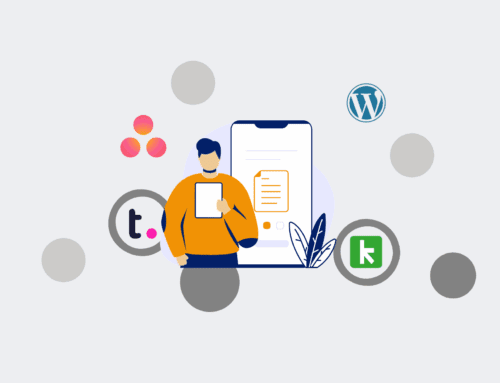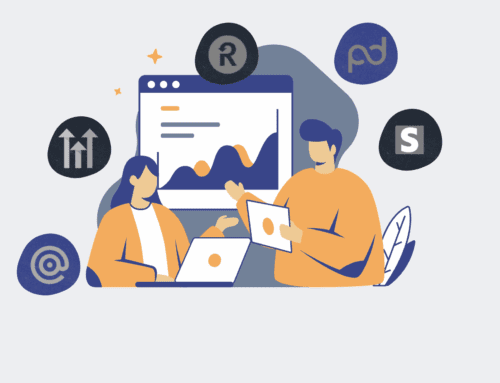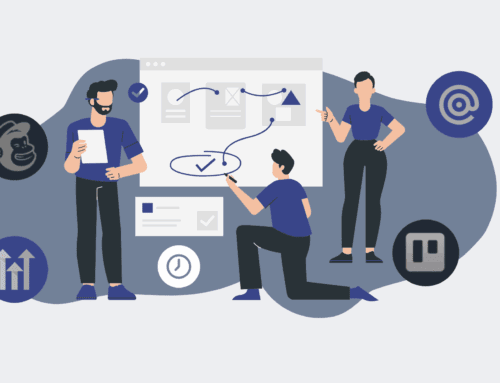The Human Touch in an AI-Powered HR Department: Maintaining Empathy Amidst Automation
The landscape of Human Resources is undergoing a seismic shift, driven by the relentless march of artificial intelligence and automation. What was once a domain characterized by paperwork, manual processes, and intuitive human judgment is rapidly transforming into a data-driven powerhouse. Yet, amidst the promises of efficiency, cost reduction, and enhanced analytics, a critical question emerges: how do we preserve the indispensable human touch, the very essence of empathy, in an increasingly AI-powered HR department?
At 4Spot Consulting, we believe that the strategic integration of AI and automation isn’t about replacing human connection; it’s about amplifying it. It’s about liberating HR professionals from the monotonous, low-value tasks that prevent them from engaging in the high-impact, empathetic interactions that truly define their role. The challenge isn’t whether to adopt AI, but how to adopt it intelligently, ensuring that technology serves as a bridge to deeper human connection, not a barrier.
The Double-Edged Sword: AI’s Promise and Empathy’s Peril
AI offers undeniable advantages in HR. From automating resume screening and candidate outreach to personalizing learning paths and predicting employee turnover, the efficiencies are profound. Recruitment processes can be streamlined, onboarding experiences can be tailored, and performance management can be more objective and data-informed. These advancements free up valuable time, allowing HR teams to focus on strategic initiatives and complex employee relations. Our experience with clients has shown that intelligent automation, guided by our OpsMesh framework, can reduce operational costs and free up critical employee time, often by 25% or more.
However, an uncritical embrace of AI risks dehumanizing the employee experience. Imagine a new hire’s first interaction being entirely with a chatbot, or a sensitive performance review being generated solely by an algorithm. While efficient, such scenarios can strip away the warmth, understanding, and personal touch that foster trust and loyalty. Empathy is not a quantifiable metric; it’s a qualitative human experience, built on active listening, nuanced understanding, and genuine connection. It’s what differentiates a truly supportive HR department from a cold, transactional processing unit.
Redefining Empathy in an Automated Landscape
Maintaining empathy in an AI-powered HR department requires a conscious, deliberate strategy. It’s not about rejecting technology, but about strategically deploying it to enhance, rather than diminish, human interaction. This means redefining what empathy looks like in this new era.
Firstly, AI can *enable* empathy by removing administrative burdens. When HR professionals are no longer drowning in paperwork or sifting through thousands of applications, they have more time and mental bandwidth to engage in meaningful conversations. This includes spending more time coaching managers, mediating conflicts, developing talent, and proactively supporting employee well-being. Think of AI as the operational backbone, allowing the human heart of HR to beat stronger and more freely.
Secondly, AI can *inform* empathy. Predictive analytics can identify employees at risk of burnout or turnover, allowing HR to intervene proactively with personalized support, rather than reacting once the problem has escalated. Sentiment analysis tools can gauge employee morale across the organization, providing insights that enable HR leaders to address systemic issues with greater understanding and targeted solutions. The data doesn’t replace empathy; it provides the context needed to apply empathy more effectively and efficiently.
Strategic Integration: Where AI Enhances, and Where Humans Lead
The key lies in a strategic integration that understands AI’s strengths and respects the irreplaceable value of human judgment and compassion. Our OpsMap strategic audit helps organizations identify exactly where automation can deliver maximum ROI without compromising the human element.
Consider the recruitment process: AI can efficiently screen resumes, conduct initial chatbot interviews, and schedule appointments. This frees recruiters from hours of administrative tasks. However, the critical stages – the in-depth interview, the cultural fit assessment, the offer negotiation, and the personalized onboarding welcome – are where human discernment and empathy are paramount. A human recruiter can read body language, pick up on subtle cues, and build rapport in ways no algorithm can replicate.
Similarly, for employee support, an AI chatbot can answer routine queries about benefits, policies, or vacation requests instantly. This provides employees with quick access to information and reduces the HR team’s workload. But when an employee faces a personal crisis, a complex grievance, or needs career counseling, a compassionate HR professional, equipped with emotional intelligence and the ability to offer genuine support, is indispensable. The chatbot handles the transactional; the human handles the transformational.
The 4Spot Consulting Approach: Balancing Innovation and Humanity
At 4Spot Consulting, our core mission is to help high-growth B2B companies leverage automation and AI to eliminate human error, reduce operational costs, and increase scalability. We apply our OpsMesh framework to strategically integrate AI, ensuring it enhances your HR functions without sacrificing the crucial human connection. We believe in intelligent automation that supports HR, allowing them to truly be human resources, focusing on the people, not just the processes.
Our work in HR and recruiting automation consistently demonstrates that the most successful implementations are those that strike a harmonious balance. We empower HR teams to utilize AI for what it does best – data processing, pattern recognition, and routine task execution – thereby enabling them to excel at what humans do best: building relationships, fostering culture, and applying nuanced empathy to complex situations. The future of HR isn’t about becoming less human; it’s about becoming more strategically, intentionally human, supported by the power of AI.
If you would like to read more, we recommend this article: Mastering AI in HR: Your 7-Step Guide to Strategic Transformation









